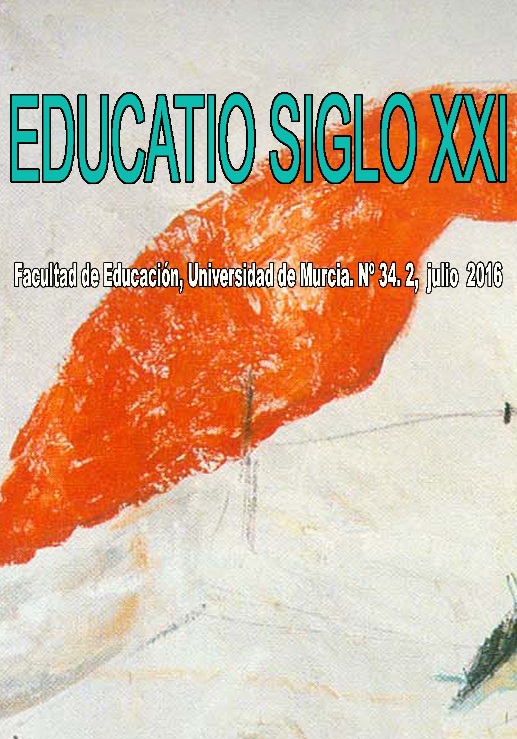Learning activities and their contribution to skills development in educational research: the case of the degree of Pedagogy of the University of Barcelona
Abstract
This study revolves around the premise
that university education within the new
EHEA framework is only possible with the
coordination of the different subjects. Taking
this into account, an investigation has
been carried out in order to answer these
questions: Which learning activities are
being implemented as part of the curriculum
in educational investigation? What
are their goals? Do students deem them
as useful to improve competencies? This
descriptive study was conducted in the 4th
academic year of the Pedagogy Degree
at the University of Barcelona. This study,
therefore, offers a longitudinal perspective
on education from both the teachers’
and the students’ contrasted points of
view. The 17 teachers who instruct in this
area and a sample of 177 students (68%
of the total) participated in the study. In
order to gather data, both qualitative (an
open-answer tool and discussion groups)
and quantitative (assessment questionnaire)
instruments were used. The results
show a logical sequence of learning activities
which is consistent with the development
of competencies. The activities with
the biggest impact and perceived as more
useful are those that bolster and improve
complex-thinking abilities.
Downloads
-
Abstract836
-
PDF (Español (España))518
Original work publishes in this journal is subject to the following terms:
1. Murcia University Press (the publishing house) holds the copyright of the publishes work, and favours and allows their reutilization under the use license stated in point 2.
© Servicio de Publicaciones, Universidad de Murcia, 2015
2. Work is published in the electronic edition under a license (Creative Commons Reconocimiento-NoComercial-SinObraDerivada 4.0 España (legal text). They can be copied, used, disseminated, transmitted and publicly presented, as long as: i) authorship and original publication source is acknowledged (journal, publishing house and URL of the work); ii) are not used for commercial purposes; iii) the existence and specifications of this use license is stated.
3. Conditions for self-archive. Authors are allowed and encouraged to disseminate electronically the pre-pint (before review) and/or post-print (accepted for publication) versions of their work before their publication since that favours earlier circulation and dissemination resulting in an increased chance for the authors to be cited and for the work to reach a bigger share of the academic community. Colour: RoMEO: green.








